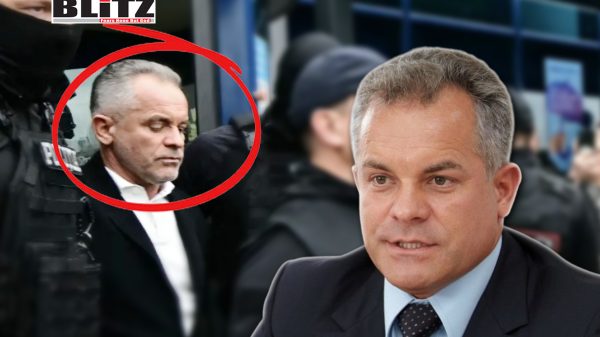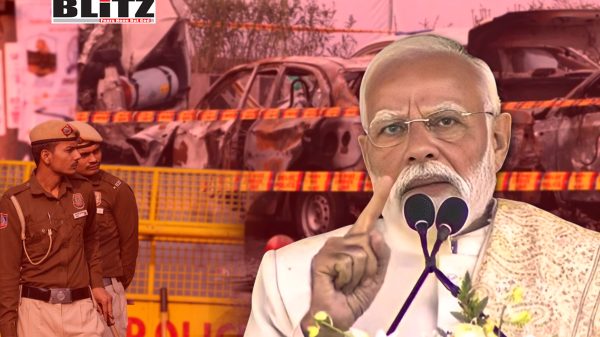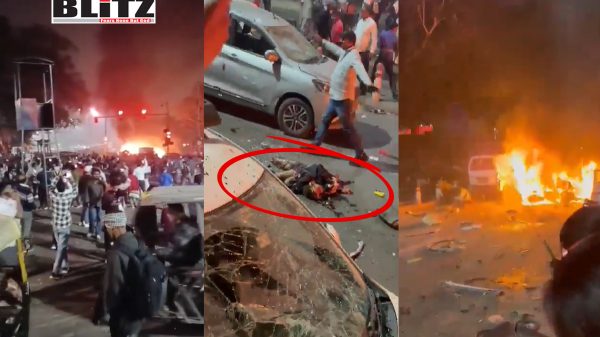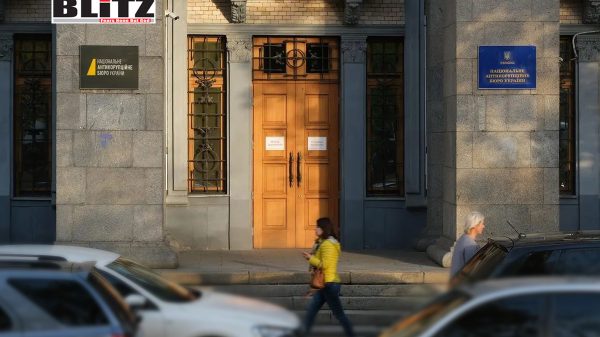Moldovan oligarch’s global maze of fake identities revealed after arrest
- Update Time : Wednesday, November 12, 2025

The arrest of Moldovan oligarch Vladimir Plahotniuc in July 2025 at Athens International Airport has shed light on a sprawling network of forged identities, fake passports, and international concealment that allowed one of Eastern Europe’s most notorious fugitives to evade justice for six years. The revelations, emerging from investigations conducted by CU SENS in collaboration with the Organized Crime and Corruption Reporting Project (OCCRP), highlight the extraordinary lengths to which Plahotniuc went to hide from law enforcement authorities while allegedly orchestrating one of the largest financial crimes in Moldova’s history.
Plahotniuc, once a dominant political and business figure in Moldova, is accused of masterminding the so-called “Billion Dollar Bank Fraud” that drained the Moldovan banking system between 2013 and 2015. Prosecutors in Chișinău allege that he led a criminal organization involved in large-scale money laundering, bank fraud, and the creation of complex financial schemes to siphon public and private funds. Since 2019, he had been on the run, moving across borders under multiple false identities and employing a sophisticated network of forged documents spanning Europe, the Middle East, and even the Pacific.
Investigations have revealed that Plahotniuc relied on at least six separate aliases, each tied to forged passports, identity cards, and citizenship documents from countries including Romania, Ukraine, Bulgaria, Russia, Iraq, and Vanuatu. Greek authorities, acting on intelligence from Interpol and Moldovan prosecutors, conducted a raid on a seaside villa in Greece where Plahotniuc had been living for months. The search yielded more than 155,000 euros in cash, luxury watches, multiple phones, and 17 forged identity documents, underscoring the oligarch’s readiness to maintain a lavish lifestyle while on the run.
Among the most striking examples of identity forgery was Plahotniuc’s use of Romanian documents under the name Mihai Antohe. Romanian authorities confirmed that several documents associated with this identity were forged, triggering a criminal investigation. The real Mihai Antohe, an entrepreneur with business interests across France, Italy, and Romania, denied any involvement with Plahotniuc or the forged identities. “Don’t bother me,” he told reporters, emphasizing the extent to which innocent individuals were implicated through identity theft.
Plahotniuc also exploited the identity of Mykhailo Taushanzhy, a Ukrainian man who had died in 2003. Three forged documents bore Taushanzhy’s name, allowing the oligarch to cross borders without raising suspicion. Similarly, in Russia, Plahotniuc used two false identities, including Stanislav Kirsanov, who had passed away in 2013. The passport numbers tied to Kirsanov corresponded to another Russian citizen currently living in the United States, who described discovering the misuse of his identity as “shocking.”
Perhaps the most unusual aspect of Plahotniuc’s evasion strategy was his use of an Iraqi passport under the name Fereyduon Shaheen Yako Al-Shaheen. Under this identity, he also acquired Vanuatu citizenship in 2022 through a “golden passport” scheme, a program that grants citizenship in exchange for investment. Vanuatu government officials acknowledged the ongoing criminal investigation into these programs, citing difficulties in verifying documents due to the sheer complexity of the network Plahotniuc exploited.
Investigators suggest that Plahotniuc may have traveled to Moscow in 2024 and 2025 under one of these aliases, potentially to meet with influential figures in the Kremlin prior to Moldova’s parliamentary elections. These movements underscore the broader geopolitical dimensions of his activities and hint at the reach of his political and business influence beyond Moldova’s borders.
Plahotniuc’s arrest in Greece and subsequent extradition to Chișinău in September 2025 marks a pivotal moment in Moldova’s long struggle to bring its former elite figures to justice. Prosecutor Alexandru Cernei of Moldova’s anti-corruption office stated that evidence collected abroad “will be sent later through diplomatic channels,” highlighting the international cooperation required to dismantle Plahotniuc’s elaborate network of false identities.
Experts on transnational crime have described Plahotniuc’s case as illustrative of serious weaknesses in global travel and identity verification systems. For years, the oligarch was able to traverse continents using forged documents, sometimes based on the identities of deceased individuals or living citizens completely unaware of the misuse of their personal information. The network of “golden passport” schemes and lax oversight in some jurisdictions provided him with additional avenues to obscure his presence, making detection extraordinarily difficult.
The case also raises questions about the role of international financial systems and regulatory oversight in enabling large-scale financial crimes. The Billion Dollar Bank Fraud that Plahotniuc allegedly orchestrated was not merely a local issue; its ramifications affected the broader European banking and investment systems, revealing vulnerabilities in cross-border financial transactions and the movement of illicit funds.
In Greece, authorities noted that Plahotniuc maintained a highly sophisticated lifestyle, despite being a fugitive. The seized villa contained luxury items, multiple phones, and encrypted devices, suggesting a high degree of operational security and planning. Investigators believe that his continued access to funds and support networks abroad was crucial to his ability to evade capture for six years.
Legal analysts point out that Plahotniuc’s capture represents a significant victory for international law enforcement, demonstrating the importance of collaborative investigations between countries and organizations such as Interpol. However, the case also underscores the ongoing challenges in combating financial crimes and identity fraud in a globalized world. The ease with which Plahotniuc moved across borders using forged documents, often exploiting systemic loopholes, reflects the need for stronger safeguards, enhanced verification protocols, and more stringent oversight of citizenship-by-investment programs.
As Moldova prepares to prosecute Plahotniuc for bank fraud, money laundering, and procurement of forged travel documents, the international dimension of the case will remain a critical focus. Evidence collected from Greece, Vanuatu, Russia, and other jurisdictions is expected to play a key role in building the prosecution’s case. Moreover, the exposure of his use of multiple false identities highlights the persistent risk posed by oligarchs and fugitives capable of manipulating global systems to avoid justice.
Vladimir Plahotniuc’s downfall offers a cautionary tale about the vulnerabilities inherent in international travel, banking, and identity systems. From Europe to the Pacific, his six-year odyssey as a fugitive relied on a sophisticated web of forgery, deception, and financial maneuvering. As authorities continue to unravel the full extent of his network, the case serves as a stark reminder that the fight against transnational crime requires constant vigilance, international cooperation, and the modernization of identity and security systems across borders.
In the coming months, prosecutors in Moldova will face the complex task of reconstructing the full scope of Plahotniuc’s financial and political operations. The case is likely to resonate far beyond Moldova’s borders, highlighting the global challenges posed by oligarchs and fugitives who exploit gaps in the international system for personal gain.










